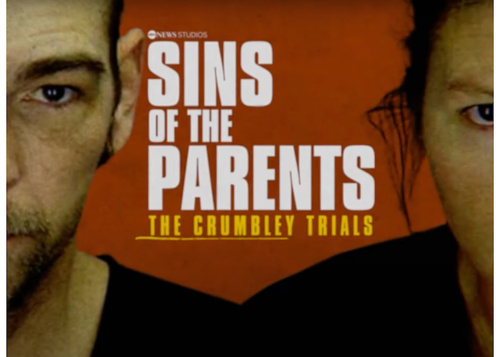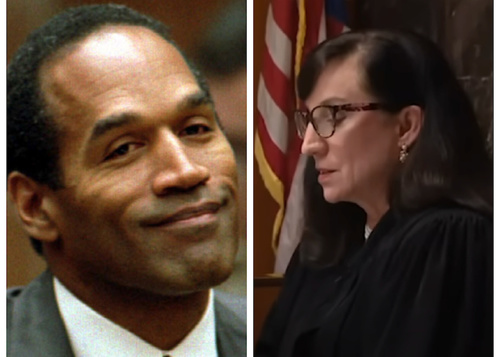By Eli DiSante Hoerler
It’s a place where last names fade away – legendary funk musicians George Clinton and Bootsy Collins become “George” and “Bootsy.” And when long-time sound engineer Jim Viti showed up to United Sound Systems Recording Studio’s grand reopening party Saturday, news spread quickly that “Jim is here.”
It was a day filled with memories and music. Engineers, session players and fans filed through the studio, gawking at renovations and similarities to the way things were. Most who knew the building in its heyday said everything was how they remembered.
“It’s not as dingy as it used to be,” said Tom Garbe, an engineer at the studio in the mid-1980s.
“It used to be that everything was cigarette-smoke brown. So it actually has color to the place now.”

Visitors paid $10 for an hour long guided tour, $2 less if they brought canned goods for donation to COTS-Detroit (Coalition for Temporary Shelter).
The tour winded through photo-clad hallways and three functional studios. Studio C was converted into something resembling a movie theater, where visitors watched a documentary on the building. It ended in the famous studio A, responsible for many of the biggest hits to emerge from the building. Waiting for them there was bassist Kern Brantley, who moved on from United Sound Systems to play for acts like Beyoncé, Jeezy, Mary J. Blige and Lady Gaga.
“I remember when we would just hang around outside in the parking lot to see Bootsy or George,” Brantley said. “They knew I was a neighborhood bass player and one day I was invited in.”
The studio had been sitting for years just north of Wayne State’s campus, at the corner of Second and Antoinette. Out of work and out of use, the studio was just another neglected Detroit landmark headed for the pits until Danielle Scott, a postal worker and mother, bought it in 2009.
It’s the older, less recognized brother of Motown Records. Founded in the early 1930s as Detroit’s first major recording studio, it moved to 5840 Second Ave. in 1940. Since then, it has hosted some of the greatest musicians of all time – Charlie Parker, Aretha Franklin, Muddy Waters, Marvin Gaye, and more. Motown Records founder Berry Gordy recorded his first song there. The studio claims to be the first independent studio in the world – where artists not signed to any label could come record and have their vinyl pressed right in the building.
In the later years of the 20th century it slid into decay, but four years of rehab and restoration whipped the

derelict building back into shape – original oak floors, fixtures. LJ Reynolds (of The Dramatics) even donated the original drums, heard on many of the classics recorded there.
But just as things were looking up, the Michigan Department of Transportation confirmed plans to widen neighboring I-94 that put the studio in the demolition crosshairs.
“It would be a shame for them to tear down this building for an expressway because this building is just as important to Detroit, and to black American history, as Motown,” Brantley said, “because of the number of hits that were recorded here, the number of musicians that came through here, the number of award-winning songs that are still played around the world that were recorded here.”
Owner Danielle Scott is quoted in a press release saying, “We must preserve USS to remind us of the kind of musical people we have been. We must preserve USS to remind us of what kind of musical people we can be in the future.”
To do that, United Sound Systems has asked for help of the non-profit Detroit Sound Conservancy. Founded in 2012, it’s on a mission to preserve all things aural from Detroit’s rich musical history.
Its main strategy is to secure a historical designation for the building, making it ineligible to be demolished. To help with that process, they’ve recruited Rebecca Binno Savage, a local writer and historical preservationist. She thinks this effort is a sure shot, and she’s working for free because she believes in the cause.

“The average resident, or even the average historian in the city of Detroit does not know about the remarkable history of this remarkable building,” she said.
“It was a surprise to me, and it’s such an incredible story and such incredible music was produced there, I just could not turn it down.“
There’s still a lot of hang-time in between submitting their request to the city and hearing back – about 8 months spent mostly waiting for answers – but the sound conservancy team is optimistic that the studio will live to record another day.
Though trouble looms over the studio, its backers have a bright outlook, fueled by memories of past triumphs and good times. And now, with the studio open seven days a week for the first time in years, they have newfound reason to look toward the future.
Studio time is available by appointment, and guided tours are available Fridays, Saturdays and Sundays. The studio's numbr is 313-833-1833.











